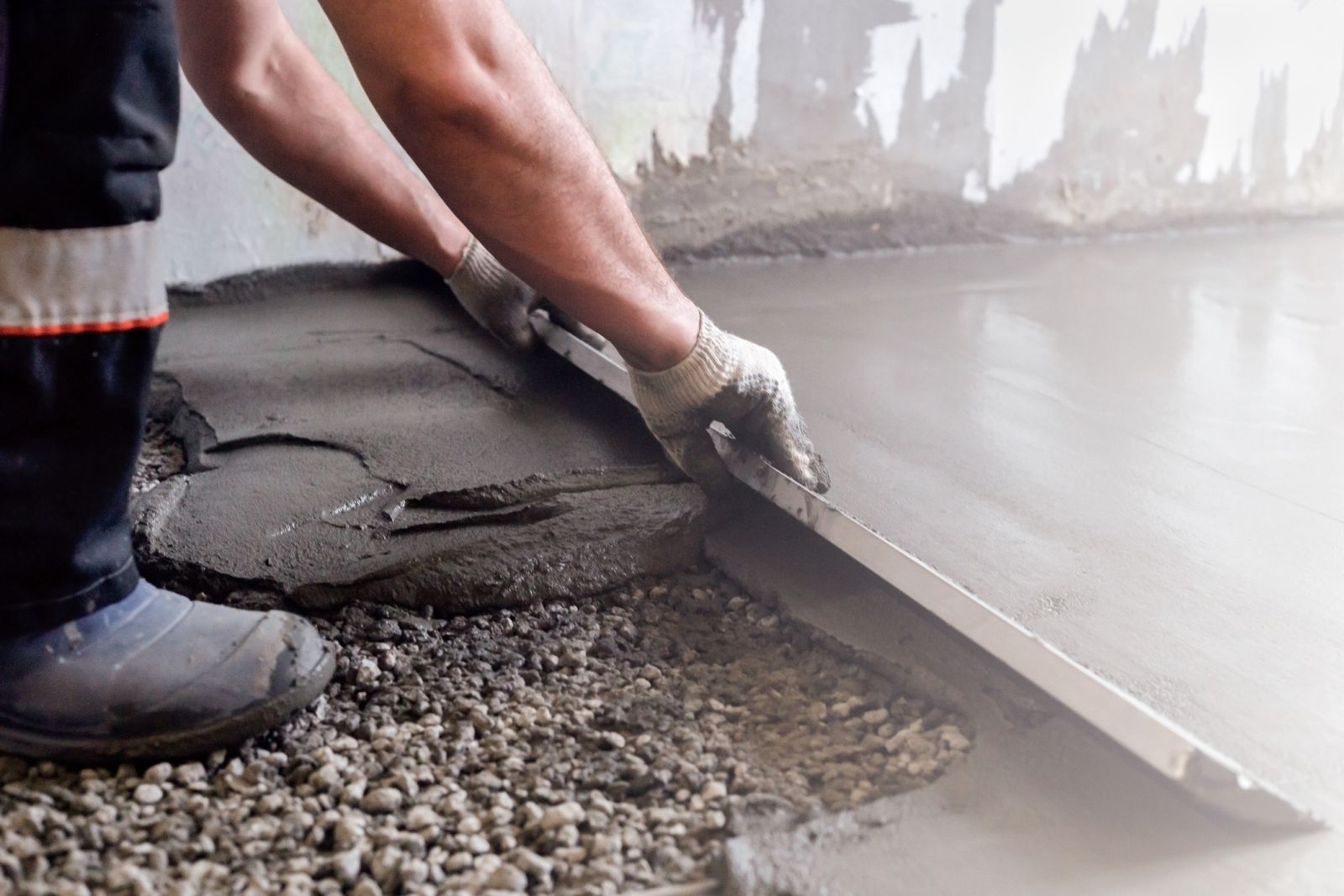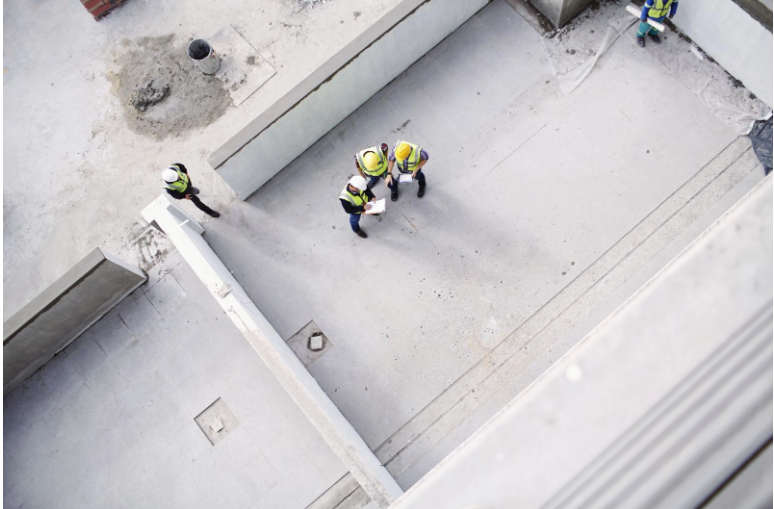
Do you want to know more about Properties of concrete?
Concrete, the backbone of modern construction, stands as a testament to durability, versatility, and strength. In this exploration of the fundamental Properties of concrete, we delve into the key characteristics that make it the go-to material for building robust structures that withstand the test of time.

1. Compressive Strength:
Arguably the most critical Properties of concrete are compressive strength – the ability to withstand axial loads. Measured in pounds per square inch (psi) or megapascals (MPa), this property ensures that concrete structures can bear the weight and pressure exerted on them, making it an ideal choice for foundations, columns, and load-bearing elements.
2. Durability and Longevity:
Concrete boasts exceptional durability, making it resistant to weathering, erosion, and chemical attacks. Its longevity is attributed to the gradual hardening process, which continues for years, enhancing strength over time. This durability factor makes concrete a sustainable choice, minimizing the need for frequent repairs or replacements.
3. Workability and Plasticity:
The workability of concrete refers to its ease of mixing, placing, and finishing during construction. A well-balanced mix ensures optimal plasticity, allowing the material to be molded into various shapes without compromising its strength. Workability is crucial for achieving the desired form and finish in structures.
4. Tensile Strength:
While concrete excels in compression, it is relatively weak in tension. To address this, reinforcement materials like steel are often introduced to enhance tensile strength. Understanding and managing tensile forces is crucial for preventing cracks and ensuring the overall structural integrity of concrete elements.
5. Thermal Properties:
Concrete exhibits good thermal mass, meaning it can absorb, store, and release heat over time. This property contributes to energy efficiency in buildings, as concrete structures can help regulate indoor temperatures by mitigating temperature fluctuations. Proper insulation and strategic use of thermal mass enhance the energy performance of concrete structures.
6. Resistance to Fire and Extreme Conditions:
Concrete is inherently fire-resistant, making it a preferred choice for structures where fire safety is paramount. Its ability to withstand high temperatures without compromising its structural integrity ensures the safety of occupants and protects valuable assets. Additionally, concrete proves resilient in extreme weather conditions, offering stability against wind, rain, and seismic forces.
7. Density and Weight:
The density of concrete, influenced by the mix proportions, impacts its weight. While high-density concrete is often used for radiation shielding, low-density variants are suitable for lightweight structures. Understanding and tailoring concrete density are crucial for achieving the desired balance between strength and weight in construction projects.
.png)
Conclusions about Properties of concrete
Properties of concrete, ranging from compressive strength to durability and thermal mass, underscore its indispensability in the construction world. As an enduring and adaptable material, concrete continues to shape skylines, build infrastructure, and provide the foundation for structures that withstand the test of time.
Embracing a holistic understanding of these properties allows construction professionals to harness the full potential of concrete, ensuring the creation of resilient and enduring structures that define the modern built environment.

